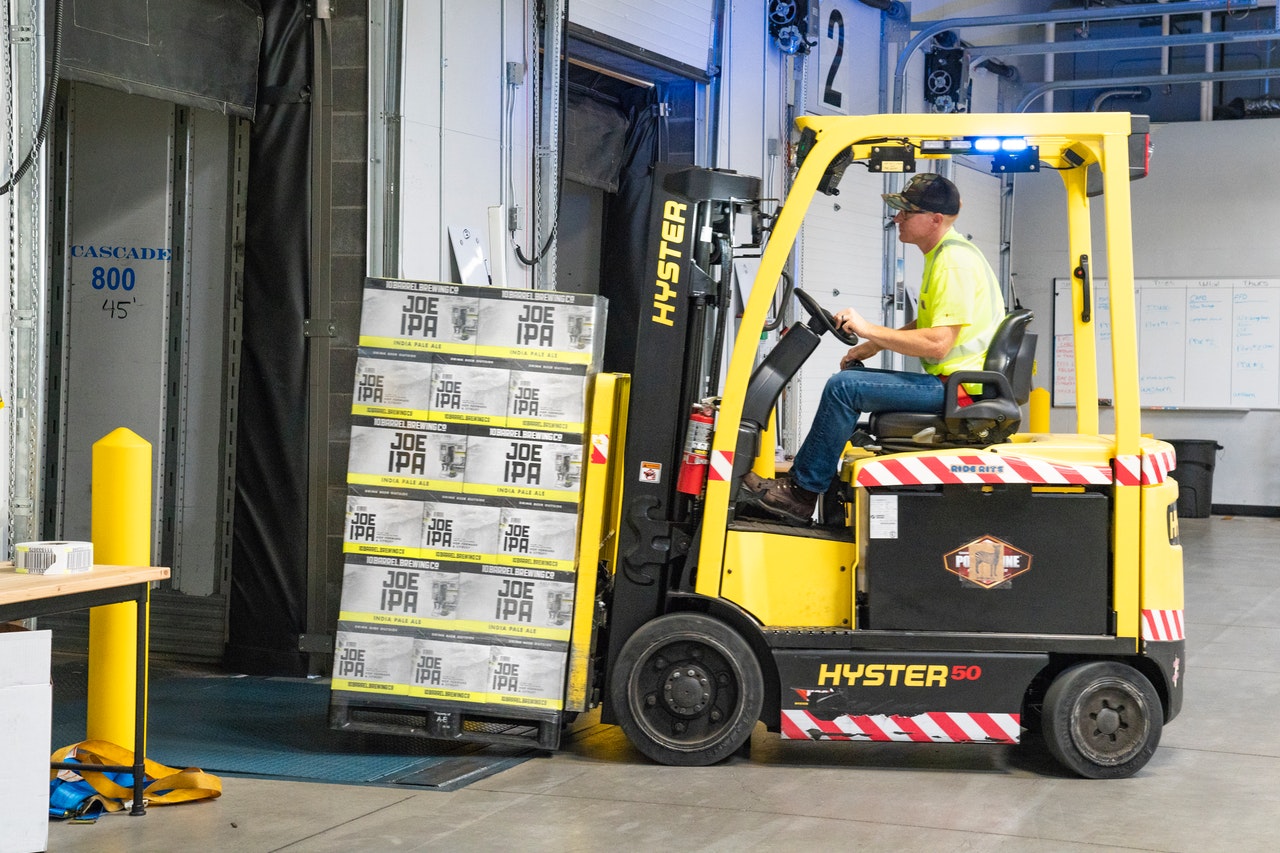There are several merits and demerits of using a temp agency. Therefore, employers need to consider hiring the workforce they need for their organizations. In reality, it can be a lucrative career path to work for a temp agency, provided you enjoy change and variety. Although there is a sound advantage of depending on a staffing agency, this guide highlights the merits and demerits of using a staffing agency to assist you in making a more informed decision while you meet your staffing requirements.
Pros
Insider market knowledge
Employers who work with staffing experts can gain access to several years of market knowledge. In particular, a good staffing company knows the salary ranges for a certain position, active potential employees, passive candidates willing to accept new opportunities, and market history. Therefore, they can act as a useful resource in offering you the opportunity to get the best candidates.
Minimize labor costs
You might want to use temp employees to reduce your labor costs. The costs can include overtime, training, background checks, or advertisements. When you hire a contract workforce, you will reduce such costs and handle peak production times with the help of temp workers who want to offer skills for the period you need. The temp agency will handle the burden of recruiting, testing, screening, and hiring workers.
Further, temp agencies will pay employees related payroll taxes, provide general liability insurance, worker’s compensation insurance, and unemployment benefits. Also, when hiring a temp agency, the employer will not cater for costs associated with vacation pay, sick days, retirement plans, and health care.
Allows an organization to evaluate an employee without any commitment
Based on your preferences or evaluation, you can employ a temp staff for a designated short-term period. You can even provide a permanent position for the employee who aligns with your business needs. Research indicates that most organizations employ temp workers as a cost-efficient and excellent strategy to recruit and test their abilities before employing them full-time. Other firms will repeatedly seek temporary employees who have demonstrated to provide significant value to the company. Further, hiring a temp can be the ideal way to use it, so that your activities do not stop while you look for a suitable candidate for a certain job.
Cons
Abrupt endings
A temporary job does not have a lasting period, and if you decide to accept a temp assignment, you need to know that it can end without the employer warning you. For instance, if a company hires additional workers to assist in completing a certain project, the circumstances can change at any time. The change of circumstances included an unexpected reduction in sales, contract cancellations, and management replacement. Such circumstances can result in the termination of the assignment.
Limited employee benefits
Temp staff cannot receive the quality or type of benefits that a full-time employee receives. In most cases, full-time employees are entitled to sick leave, paid vacation, and health benefits. In reality, you might not even receive any benefits although you work the same number of hours as a full-time staff worker. Not only that, when temps work alongside full-time staff, your company might suffer from morale and employee relations issues because they will complain that they are doing the same work but do not receive the benefits accorded to permanent staff.
Safety issues
Some jobs are inherently dangerous and need careful safety training. Research indicates that the severity and frequency of job injuries tend to be higher among temp employees. In reality, regardless of the temp staff’s experience, they need to be careful to ensure that they safely undertake dangerous tasks. Therefore, companies should not assume that temp work is prepared to work without supervision until they have determined their capabilities.








Leave a Reply